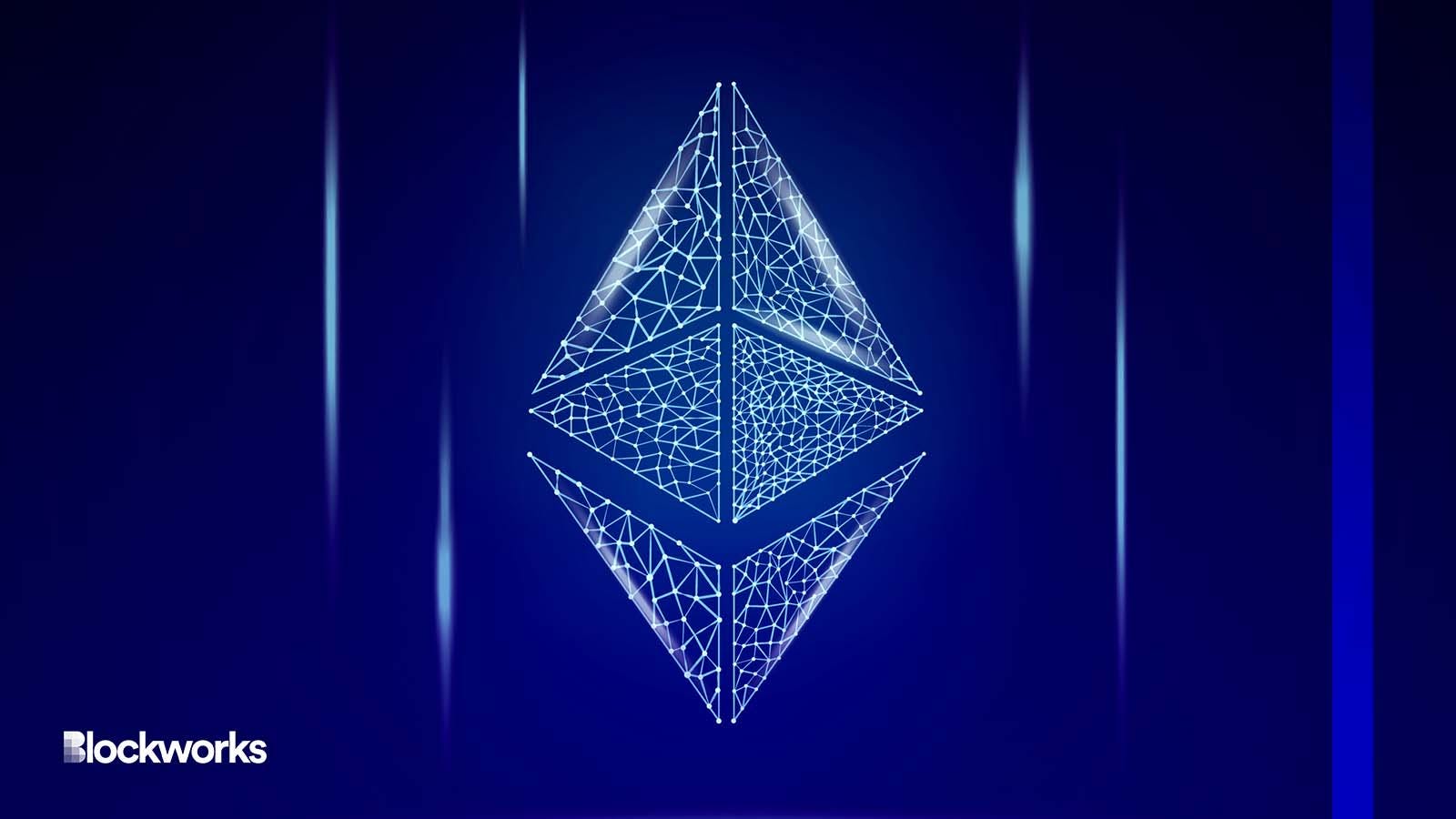Ethereum Validators Withdraw $620M ETH in Less Than 2 Days
Ethereum withdrawals are open, and the exit queue for validators is properly full — but new deposits are still flowing in

Vladimir Kazakov/Shutterstock modified by Blockworks
Ethereum has either fully or partially processed nearly 300,000 ETH ($617 million) in staking withdrawals since Shapella went live Wednesday.
Almost 5,600 validators have completely unstaked their ETH in that time, representing 1% of the network’s entire set.
An additional 17,500 validators are currently waiting in the withdrawal queue, as of midday ET. The combined stake of those exiting validators represents a minimum of about 563,000 ETH ($1.16 billion).
Post-Shapella, Ethereum caps the number of validator withdrawals per day at 1,800, so the current queue should be cleared in 10 days, although more are expected to join.
Read more: Stakers, Don’t Let the Shanghai Upgrade Centralize Ethereum
There are still more than 563,000 active Ethereum validators, so the outflows won’t make a dent in the network’s overall security. More relevant is how validator outflows are changing ETH’s liquid supply.
The total number of ETH staked has fallen 0.76% since Shapella went live, per Blockworks Research, which means 137,600 ETH ($283.3 million) in additional liquid tokens.
CoinGecko reports $16.8 billion in ETH trade over the past 24 hours — vastly more than what’s been unstaked so far.
As for the validators that have already completely exited, crypto exchange Kraken is responsible for 41%, according to Rated Network’s explorer.
Those unlocks were potentially inspired by the firm’s SEC settlement from February, which demanded it cease offering staking-as-a-service products, including those related to Ethereum.
Huobi and self-styled “automated wealth creation community” PieDAO come in second and third for validator exits, with 23% and 13% of the recent set, respectively.
However, fresh validators are coming in. As of midday ET, users have staked close to 162,300 ETH ($333 million) in the Beacon Chain since Shapella, according to Blockworks Research data, equal to as many as around 5,100 new validator nodes.
Some speculated that ETH would tank under selling pressure from newly unstaked validators. The earliest stakers locked their tokens in the Beacon Chain back in November 2020 — when ETH was worth $700.
ETH’s price is now worth triple, currently trading for just under $2,100. ETH went for as much as $4,600 last November, at the peak of the last bull run.
But, as it turns out, the market has easily absorbed validator liquidations so far, now up 9% since withdrawals were activated.
Get the news in your inbox. Explore Blockworks newsletters:
- The Breakdown: Decoding crypto and the markets. Daily.
- 0xResearch: Alpha in your inbox. Think like an analyst.






